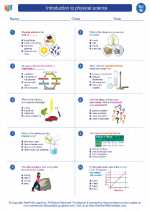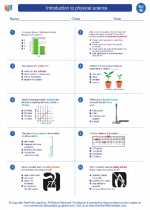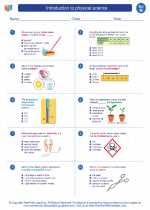Biological System
A biological system refers to a complex network of living organisms that work together to carry out essential functions. This includes interactions between different species, as well as the internal workings of individual organisms.
Components of Biological Systems
- Organisms: Any individual living thing, such as plants, animals, fungi, or microorganisms.
- Organs: Specialized structures within an organism that perform specific functions, such as the heart, lungs, or liver.
- Tissues: Groups of cells that work together to perform a specific function, like muscle tissue or nerve tissue.
- Cells: The basic unit of life, containing genetic material and organelles to carry out essential processes.
- Organelles: Specialized structures within a cell that perform specific functions, such as mitochondria for energy production.
- Molecules: Chemical compounds essential for life processes, like DNA, proteins, and carbohydrates.
Functions of Biological Systems
Biological systems carry out a wide range of functions, including:
- Nutrition: Obtaining and processing nutrients for energy and growth.
- Transport: Moving essential substances throughout the organism, such as blood circulation in animals or sap flow in plants.
- Respiration: Exchanging gases to obtain oxygen and release carbon dioxide.
- Reproduction: Creating offspring to ensure the survival of the species.
- Homeostasis: Maintaining a stable internal environment despite external changes.
- Response to stimuli: Reacting to changes in the environment to ensure survival.
Study Guide
To better understand biological systems, it's important to focus on the following key areas:
- Cell Structure and Function: Understand the different organelles and their roles in cellular processes.
- Interactions between Organisms: Explore symbiotic relationships, predator-prey dynamics, and competition for resources.
- Homeostasis: Learn about feedback mechanisms that help maintain internal balance in living organisms.
- Energy Flow: Investigate how energy is transferred through biological systems, including food webs and energy pyramids.
- Genetics and Evolution: Examine how genetic information is passed on and how organisms adapt to their environments over time.





